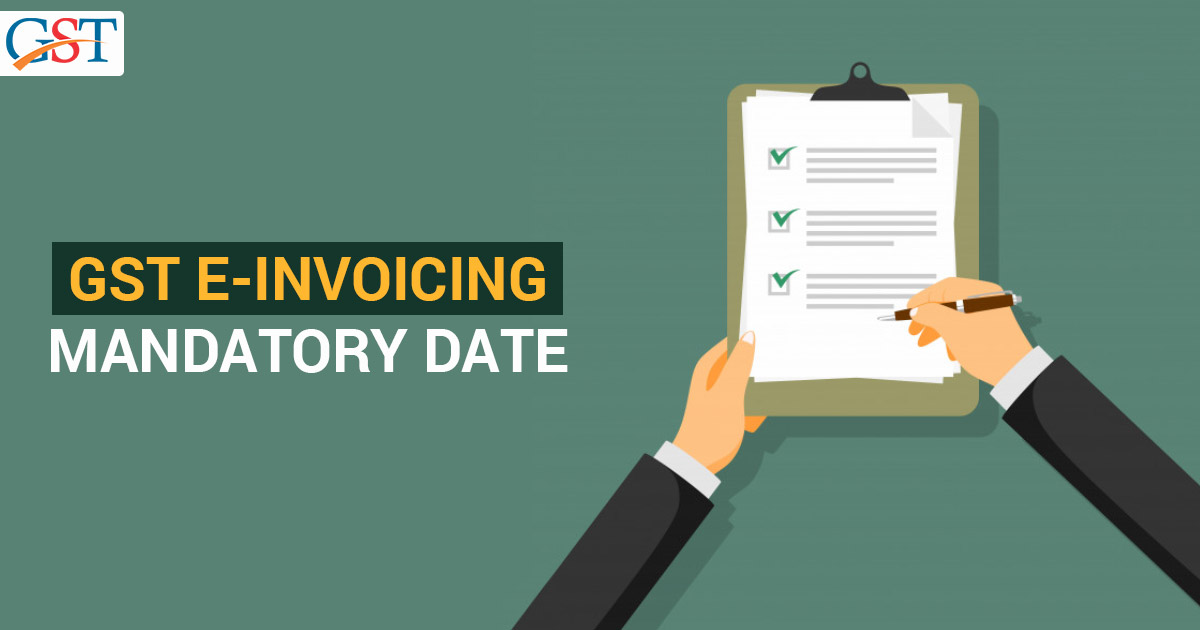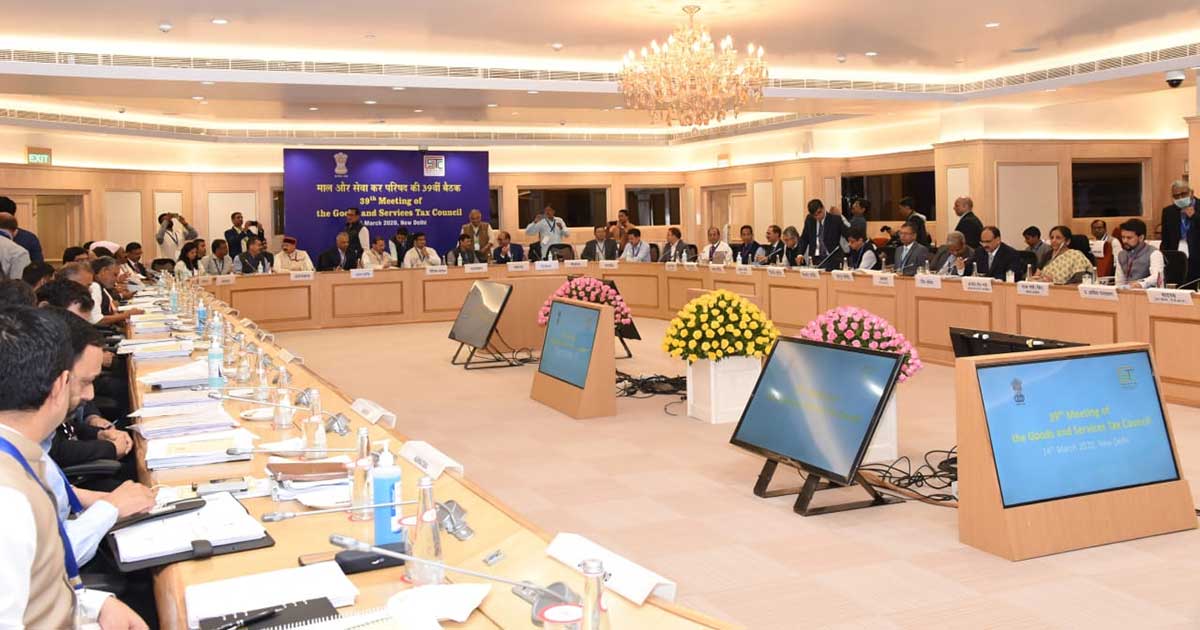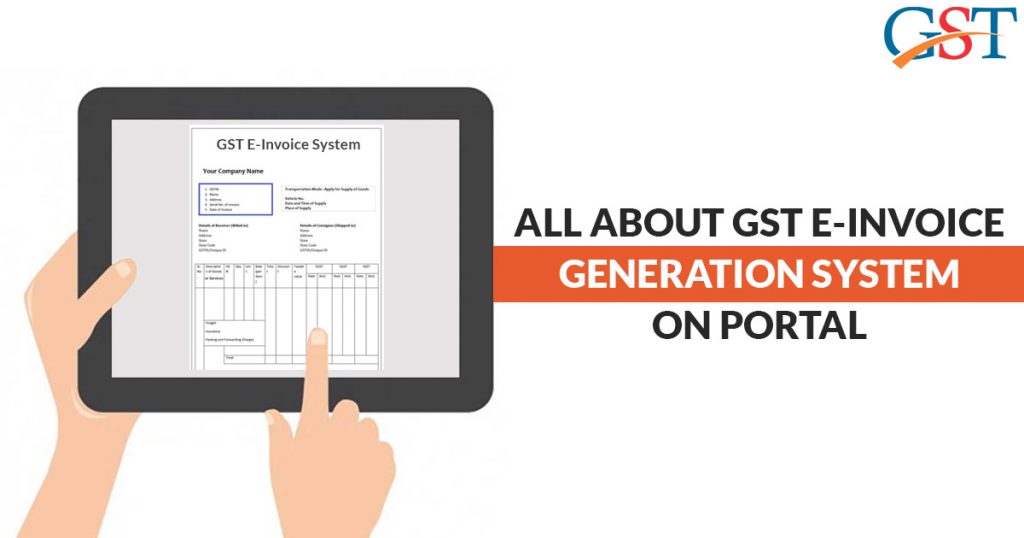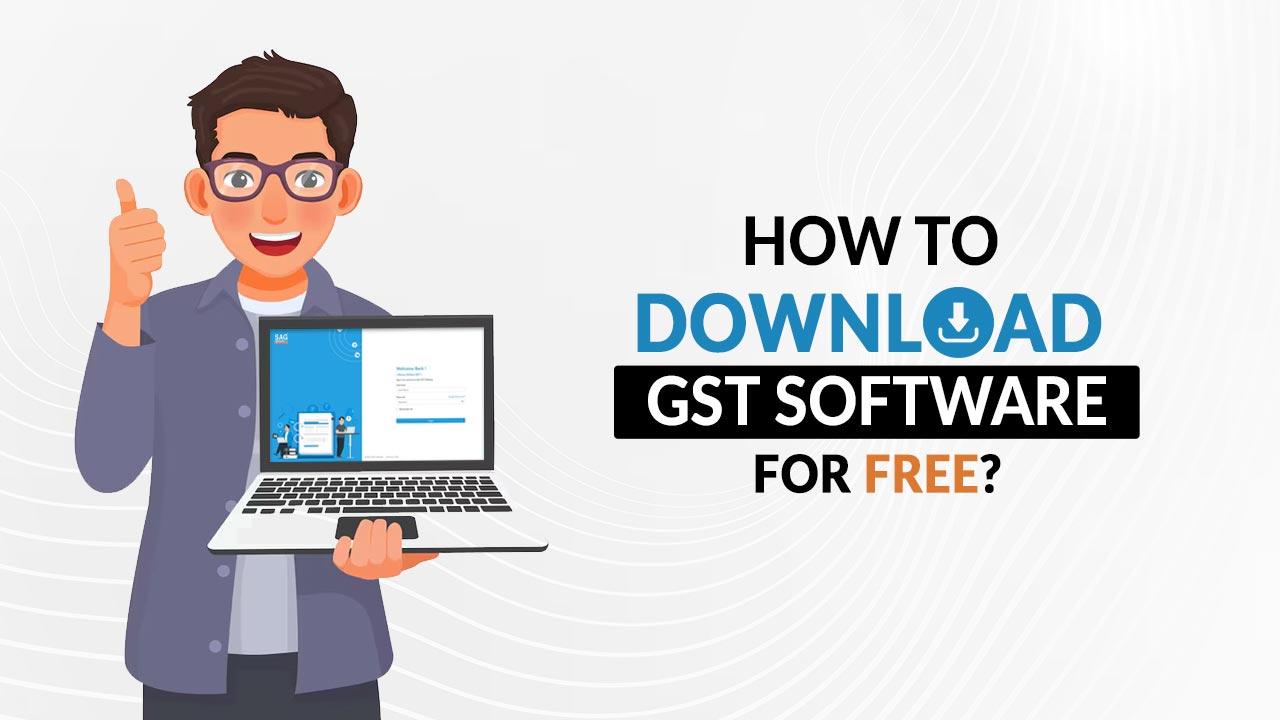
Taxpayers can expect a delay in the implementation of the e-invoice under the GST mechanism as the government is intending to postpone the event to 1 July 2020. Discussions for the same will be held in the upcoming 39th GST council meeting 
The said issue will be discussed and the results for the same will be delivered after the GST Council Meeting which will be the final status of the issue, said the influentials.
The e-invoicing mechanism that was introduced earlier on a trial basis (in January) via GST Network was adopted merely by 1% of the total taxpayer accumulation in India, said the influentials.
One of the tax officials gave the information that the government cannot draw any conclusion until the provision (on voluntary) is accepted by a large taxpayer accumulation as the government needs feedbacks for the same. And once the system becomes mandatory then the taxpayers will be the once complaining about the flaws in the system.
The provision will now come directly to the Union Finance Minister Nirmala Sitharaman. In the GSTN meeting last week that was again headed by FM Nirmala Sitharaman, the influentials were criticized for repeatedly failing to resolve the technical issues due to which taxpayers have trouble.
To defend themselves the influentials were trying to justify their point that only 0.1% of the total filed GST returns faced problems, said sources who are aware of the insights of the GSTN meeting.
The government showed a green flag to e-invoicing under GST 
The proposal to postpone the dates of e-invoice implementation if accepted by the GST Council will be fruitful for industries as it will allow more time for companies to make their GST billing software 
Postponing the date of e-invoice implementation is the only wise decision right now as neither the government nor the taxpayers are ready to welcome such a huge change in their billing systems. As per the experts, it takes time and accurate analysis to adopt any system. Taxpayers have to go through changes in transaction processes, upgradations in IT systems and awareness among all those who are involved in the financial transactions.
“The deferment of e-invoicing would give the industry much needed time, as recent changes in the schema and alterations in mandatory fields need time to be implemented”, said Harpreet Singh, partner at KPMG.
The code of conduct of this new electronic invoicing mechanism is not yet finalized by the government and therefore it is making the entire taxpayer genre conscious about the aftermath of the e-invoice mechanism, said an expert in the field.
“The B2C requirement of the dynamic QR code also needs to be relooked as the current compliances do not require separate invoice-wise reporting for B2C transactions,” he added.









